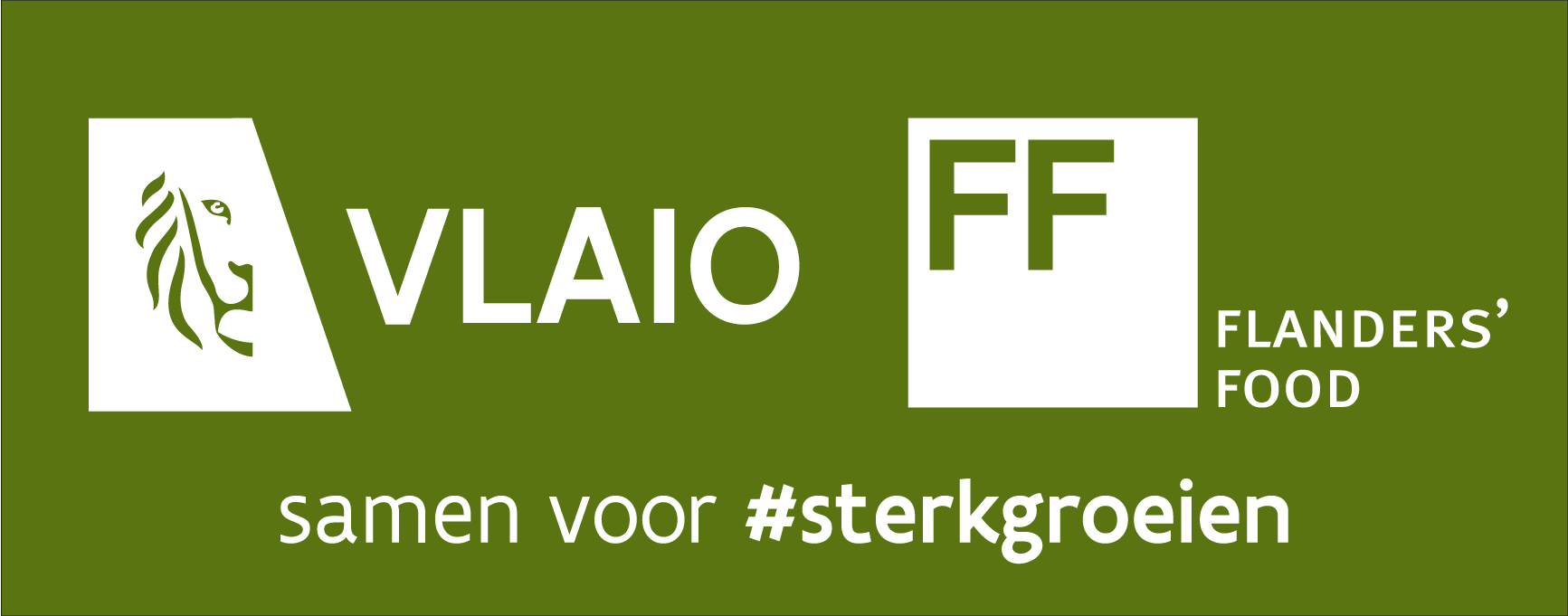Nieuwe mogelijkheden onderzoeken dat is de scope van het DEMETER project, een ERA-NET onderzoeksproject van FACCE SURPLUS ter valorisatie van second-class groenten en bijproducten van de groenteverwerkende industrie. De focus in het DEMETER project ligt op de valorisatie van wortelen, de belangrijkste groente bij Verduyn, maar ook andere groenten zoals brocolli, kool, knolselder en komkommer worden onderzocht. Deze groeten en hun bijproducten kunnen gebruikt worden als grondstoffen voor soepen en sappen én als bron van functionele ingrediënten (voedingsvezels)verkregen door bioraffinage van groente afvalstromen.
Verduyn is a Flemish family business that grows, washes, cuts, packs and sells fresh vegetables, especially carrots. As one of the major carrot specialists in Europe, they know exactly how to handle carrots. But what about all the second-class carrots and pieces that are lost during their processing? In order to counter this issue, Verduyn initiated the DEMETER project, with the support of Flanders’ FOOD, the innovation cluster of the agri-food industry in Flanders, Belgium. INRAE, the National Research Institute for Agriculture, Food and Environment, and CTCPA, a technical centre for food industry, both located in France, were asked to assist Verduyn in their scientific and technical exploration. With this research project, Verduyn aims to obtain more information and data about their business to be ready for the future with innovative food solutions for its customers.
The out-of-spec carrots and carrot pieces are mainly sold as feed, but valorisation as food to obtain a higher value product is clearly the way to go. In this project, valorisation of second-class vegetables as raw material in for instance soups and juices will be tested. Therefore, Verduyn works together with The Juicy Group, a Belgian SME with experience in preparation of fresh juices.
The nutritional parameters and shelf life are analysed by research partner INRAE. By using vegetable by-products as food ingredients, sustainability is an important asset. In the DEMETER project, CTCPA will carry out life cycle assessments (LCA) to investigate the sustainability on a scientific basis, which can be used by Verduyn to substantiate their offer to its customers. Furthermore, the use of second-class vegetables and by-products of vegetables, grown by local farmers, is an important consumer trend and therefore, a point of attention for Verduyn.
Verduyn has a long tradition as family business to work closely together with local farmers via the cooperative company Green Farm, including more than 125 farmers from Belgium, France and the Netherlands. Verduyn is located in Kortemark, close to the French border, and in the centre of the vegetable cultivation and vegetable processing industry in Flanders. The farmers are located close to Verduyn, which has a positive effect on transport costs from field to factory.

